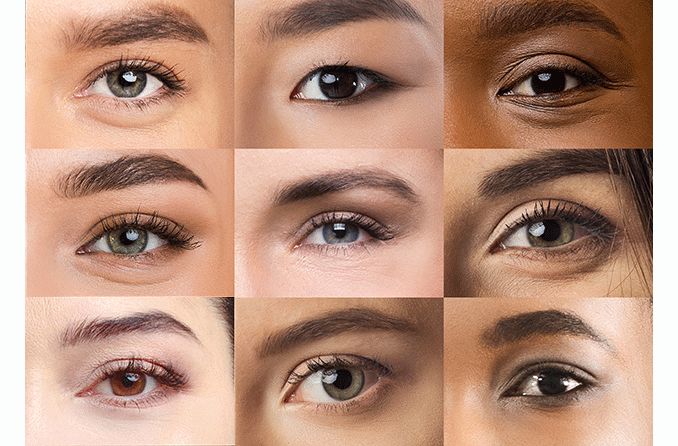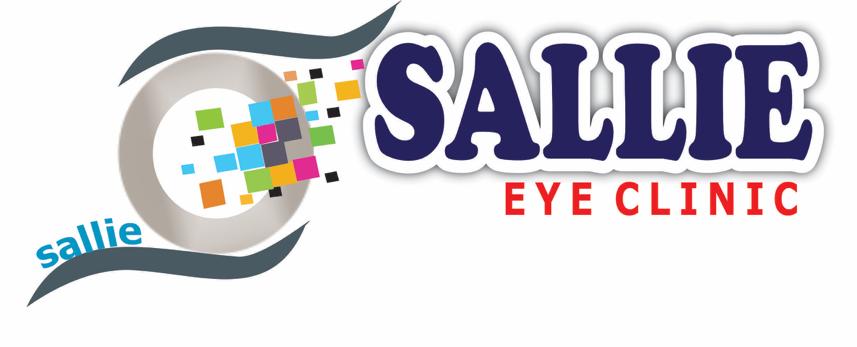
Understanding Common Eye Conditions: Symptoms, Causes, and Treatments
Introduction
Maintaining good eye health is essential for overall well-being and quality of life. Understanding common eye conditions, their symptoms, causes, and treatments can help in early detection and effective management. In this guide, we will explore several prevalent eye conditions to give you a comprehensive overview.
1. Cataracts
Symptoms:
- Blurry or cloudy vision
- Difficulty seeing at night
- Sensitivity to light and glare
- Seeing halos around lights
- Frequent changes in prescription glasses
Causes: Cataracts occur when the lens of the eye becomes cloudy due to the clumping of proteins. This can be attributed to aging, genetic factors, prolonged exposure to UV light, smoking, and diabetes.
Treatments:
- Early Stages: Regular eye exams and updated prescriptions may manage symptoms.
- Advanced Stages: Surgery is the most effective treatment, involving the removal of the cloudy lens and replacement with an artificial lens (intraocular lens).
2. Glaucoma
Symptoms:
- Loss of peripheral vision
- Tunnel vision
- Eye pain
- Redness in the eye
- Nausea and vomiting (in acute cases)
Causes: Glaucoma is caused by increased intraocular pressure (IOP) that damages the optic nerve. Risk factors include aging, family history, high intraocular pressure, and certain medical conditions such as diabetes and high blood pressure.
Treatments:
- Medications: Eye drops and oral medications to lower intraocular pressure.
- Laser Therapy: Used to improve drainage and reduce pressure.
- Surgery: Procedures to create new drainage pathways or reduce fluid production in the eye.
3. Macular Degeneration
Symptoms:
- Central vision distortion or loss
- Difficulty reading or recognizing faces
- Dark or empty areas in central vision
- Blurred vision
Causes: Age-related macular degeneration (AMD) primarily affects individuals over 50 and is influenced by aging, genetic predisposition, smoking, and excessive sunlight exposure.
Treatments:
- Dry AMD: No specific treatment, but lifestyle changes like diet and vitamins (AREDS formula) may slow progression.
- Wet AMD: Anti-VEGF injections, photodynamic therapy, and laser treatments to manage abnormal blood vessels and fluid leakage.
4. Diabetic Retinopathy
Symptoms:
- Floaters or spots in vision
- Blurred or distorted vision
- Difficulty seeing at night
- Sudden vision loss
Causes: Diabetic retinopathy results from prolonged high blood sugar levels leading to damage in the blood vessels of the retina. It is commonly associated with diabetes and can develop in individuals with both type 1 and type 2 diabetes.
Treatments:
- Laser Treatment: To seal leaking blood vessels and reduce swelling.
- Anti-VEGF Injections: To reduce fluid leakage and inhibit abnormal blood vessel growth.
- Vitrectomy: Surgery to remove blood and scar tissue from the vitreous body.
5. Conjunctivitis (Pink Eye)
Symptoms:
- Red or pink coloration of the eye and surrounding area
- Itching or burning sensation
- Discharge (clear, yellow, or green)
- Gritty feeling in the eye
Causes: Conjunctivitis can be caused by infections (bacterial or viral), allergies, or irritants like smoke or chemicals. It is highly contagious if caused by an infection.
Treatments:
- Bacterial Conjunctivitis: Antibiotic eye drops or ointments.
- Viral Conjunctivitis: No specific treatment; symptoms usually resolve on their own.
- Allergic Conjunctivitis: Antihistamine or anti-inflammatory eye drops, and avoiding allergens.
Conclusion
Regular eye exams are crucial for detecting these and other eye conditions early. Timely intervention can prevent or minimize vision loss and improve quality of life. If you experience any symptoms of the conditions discussed, consult an eye care professional for an accurate diagnosis and appropriate treatment plan.
Maintaining eye health through a balanced diet, protection from UV light, and managing chronic health conditions can also support overall vision well-being.
